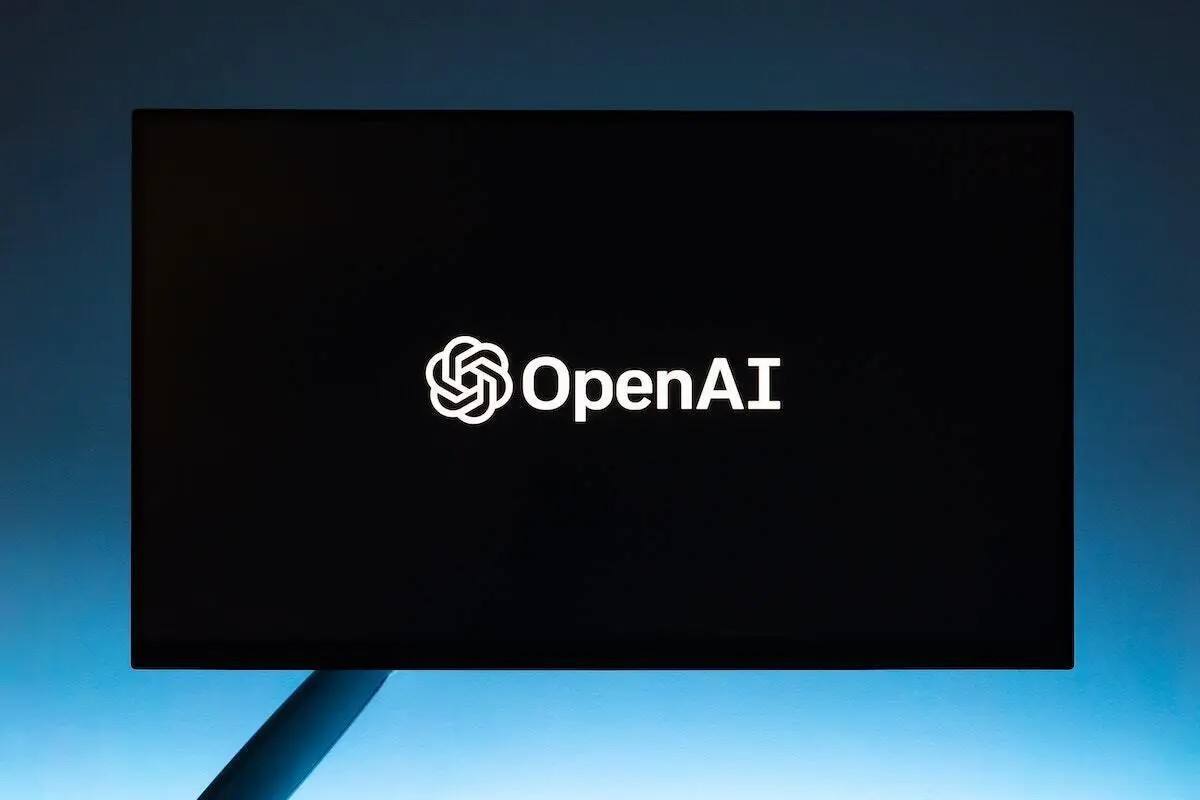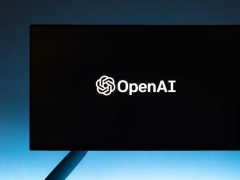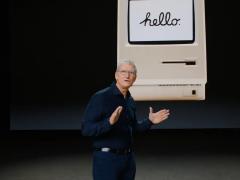Headquartered in San Francisco, Cognition AI, a pioneering startup, aims to revolutionize the landscape of software engineering with its groundbreaking AI assistant, Devin.
Devin is not just an AI assistant; it's a game-changer in software development. This sophisticated AI can tackle intricate engineering tasks, constantly learning from its experiences and refining its approach. With essential developer tools at its disposal, including a shell, code editor, and browser, Devin operates within a secure compute environment akin to that of a human developer.
What sets Devin apart is its active collaboration with users throughout the software development process. Cognition AI emphasizes Devin's ability to provide real-time progress updates, solicit feedback, and engage in collaborative decision-making. In essence, Devin acts as a seamless partner, enhancing efficiency and productivity in software development workflows.
Devin boasts a diverse range of functionalities. From mastering unfamiliar technologies to autonomously building and deploying apps, identifying and rectifying code-based bugs, refining AI models, to contributing to open-source repositories, Devin's capabilities are unparalleled. Its adeptness at accessing educational resources swiftly enables it to tackle complex tasks with ease.
Notably, Devin has demonstrated its real-world prowess by successfully completing tasks on platforms like Upwork. For instance, it flawlessly executed an assignment involving computer vision technology to assess road damage.
Performance-wise, Devin's capabilities have been rigorously evaluated, surpassing benchmarks in resolving real-world GitHub issues by a significant margin. With an impressive end-to-end resolution rate of 13.86%, Devin showcases remarkable efficiency and efficacy in software problem-solving.
Scott Wu, CEO of Cognition, underscores the complexity of teaching AI to function as a programmer. He highlights Devin's advanced reasoning and planning abilities, evident in its adeptness at navigating multifaceted software engineering projects.
While industry experts express cautious optimism about Devin's implications, there's widespread acknowledgment of its transformative potential. From Google's Yariv Adan to Alex Atallah of OpenSea, voices across the industry recognize Devin's unprecedented capabilities and its potential to reshape the software development landscape.
Faisal Kawoosa, chief analyst at Techarc, lauds Devin's structural approach to software development, predicting accelerated time-to-market and enhanced application stability.
Devin's emergence signifies a paradigm shift towards AI-driven prompt-to-action engineering, which could potentially redefine traditional software engineering roles. While it may lead to the automation of certain tasks, it also heralds the evolution of the AI industry, where AI workers like Devin play a pivotal role in driving innovation and efficiency in software development.







